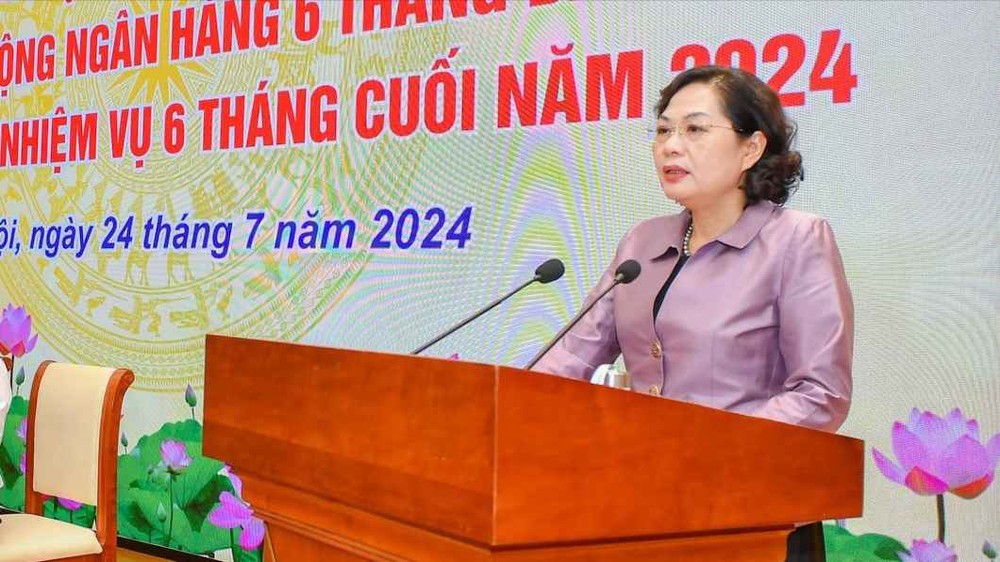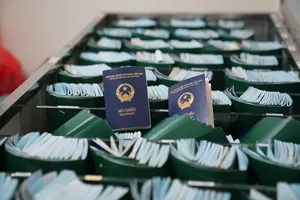
He made the statement at a conference to review the banking activities for the first six months of the year and to outline the tasks for the remaining six months of 2024 held by the State Bank of Vietnam (SBV) yesterday.
Addressing the conference, the Governor of the State Bank of Vietnam Nguyen Thi Hong said that during the first half of the year, the global and domestic economy remained difficult. The SBV aims to balance interest rates, exchange rates, and macroeconomic stability while controlling inflation and supporting economic growth.
Deputy Governor Dao Minh Tu added that despite facing challenges, the SBV continues to maintain interest rates to facilitate low-cost access to capital for credit institutions, supporting the economy’s growth.
Additionally, the SBV has directed credit institutions to reduce costs and publicly disclose average lending rates, as well as the interest rate spread between deposits and loans.
Until now, the interest rate landscape has shown a significant downward trend contributing to supporting the economy and business operations of enterprises and individuals.
Regarding exchange rates, the SBV continues to manage them flexibly, helping commercial banks absorb external shocks. However, credit growth at the beginning of 2024 remains relatively low compared to recent years due to various objective and subjective factors.
By the end of the second quarter, credit had increased by 6 percent compared to the end of 2023, meeting the government’s directive. Efforts to restructure the system of credit institutions, particularly in handling bad debts continue to be made vigorously. However, due to global and domestic economic challenges, the non-performing loan ratio remains at 4.94 percent as of the end of May.
According to Vice Chairman Nguyen Quoc Hung, the banking sector is still facing many difficulties and challenges in the last six months of the year. Specifically, new credit growth has only reached about 6 percent making the target of 15 percent credit growth for the entire year a challenge.
Additionally, the capital market is under pressure, leading to long-term capital constraints for the economy shifting towards bank credit. Furthermore, debt recovery and bad debt resolution face challenges, especially after the Resolution 42 expired as some businesses have not cooperated with credit institutions in asset handover and debt resolution.
Alongside these challenges, the increasing incidence of cyberattacks, data breaches, and fraudulent activities affecting customer accounts poses difficulties in control and prevention.
To overcome these challenges, the VNBA representative recommended that the government consider not penalizing administrative violations related to value-added tax and late payment of taxes for credit and payment services (L/C) activities from 2011 to the present, as these errors were not caused by credit institutions.
Additionally, the SBV should allocate credit targets for consumer finance companies, especially those with foreign capital.














)

)







